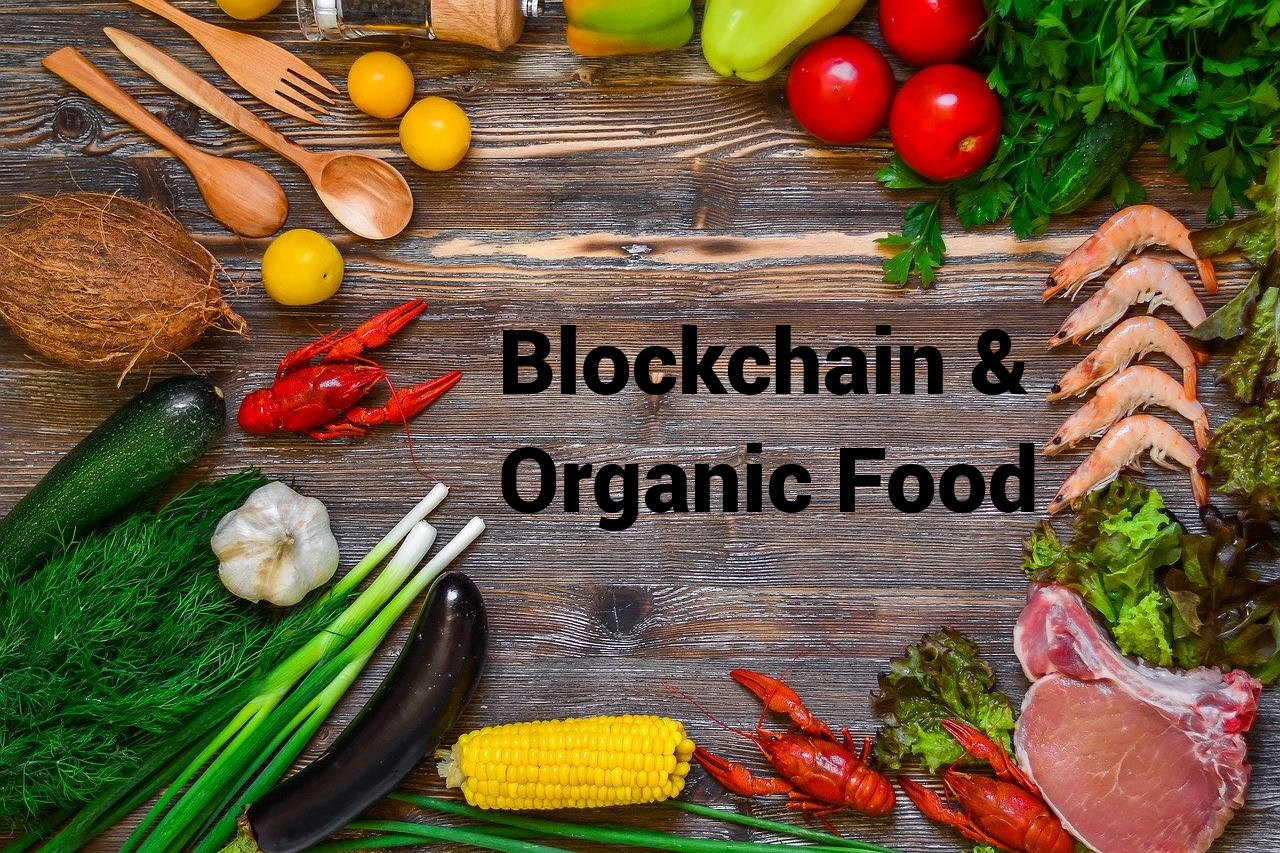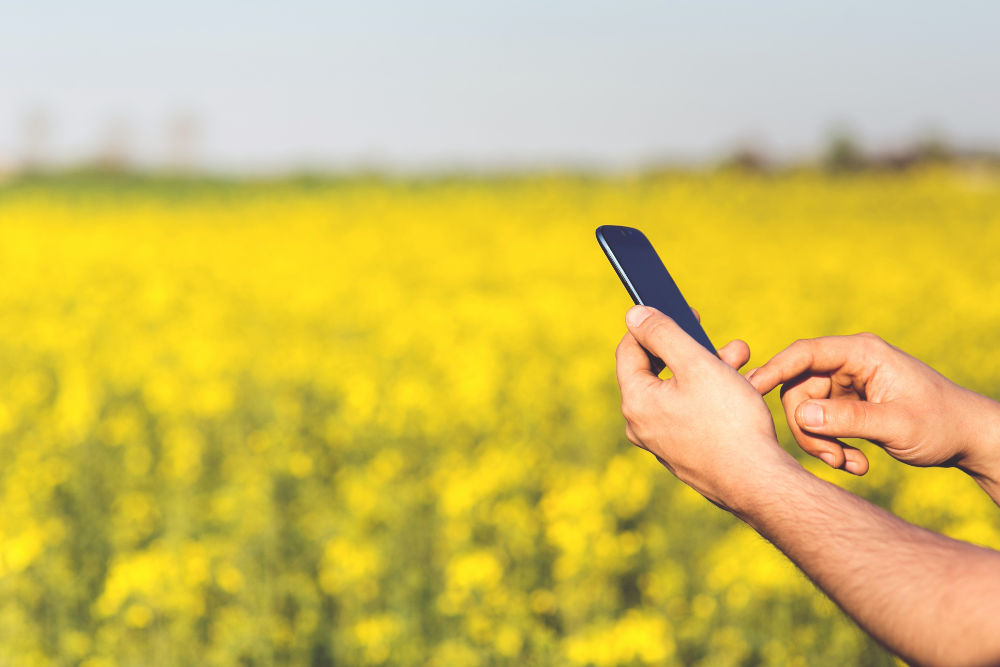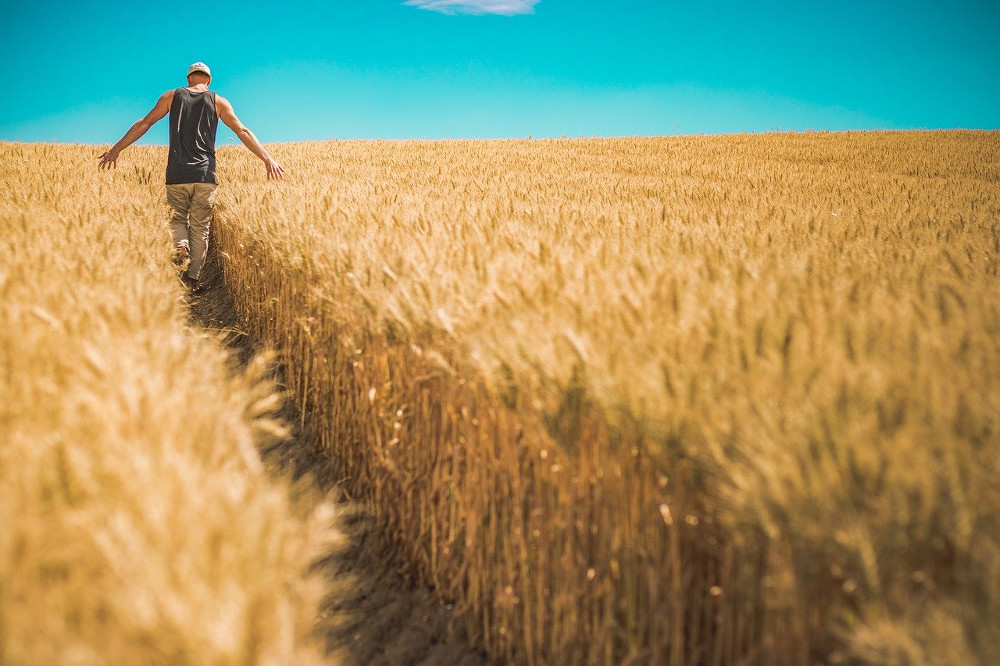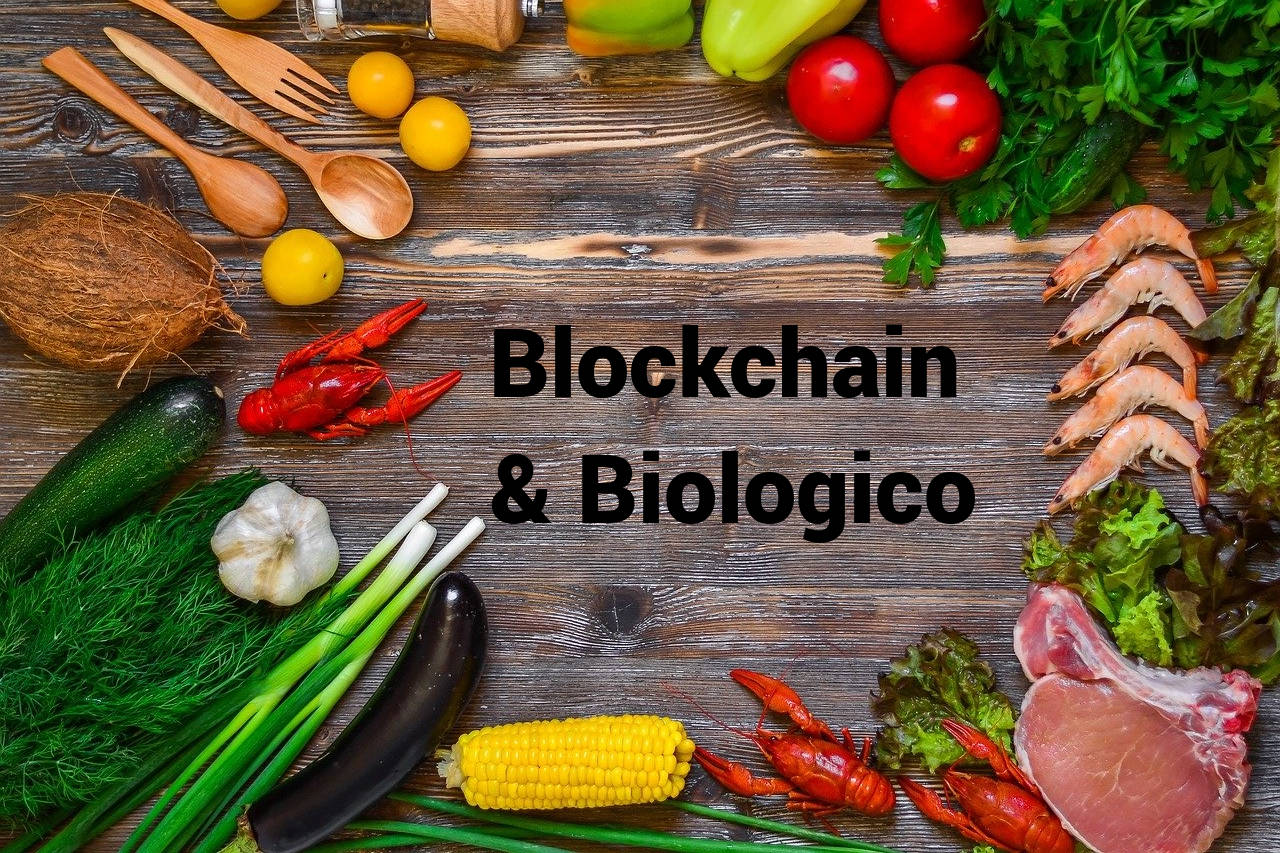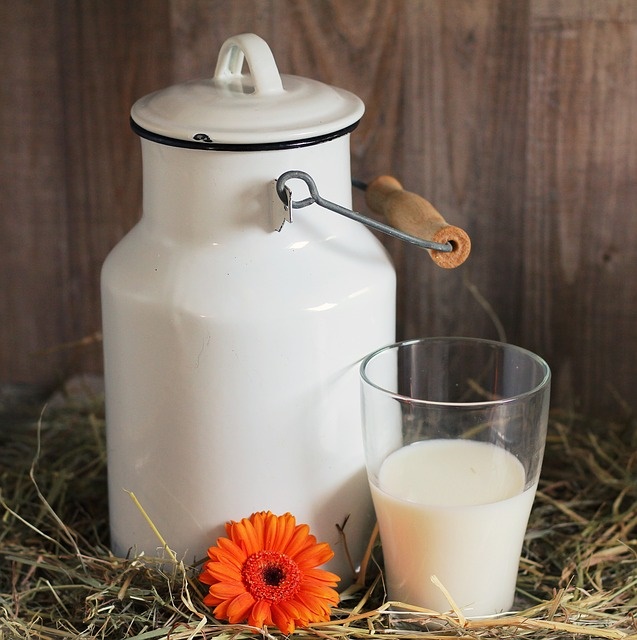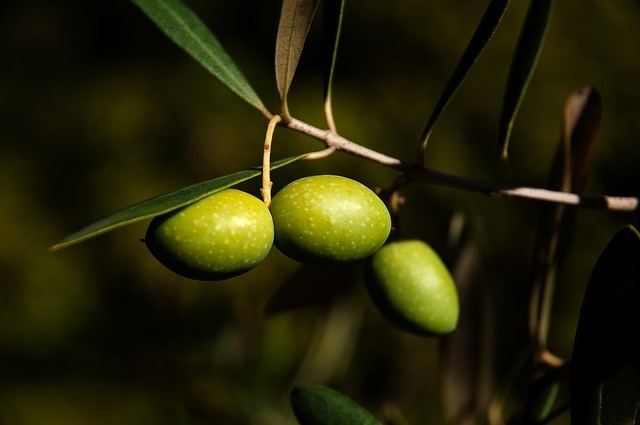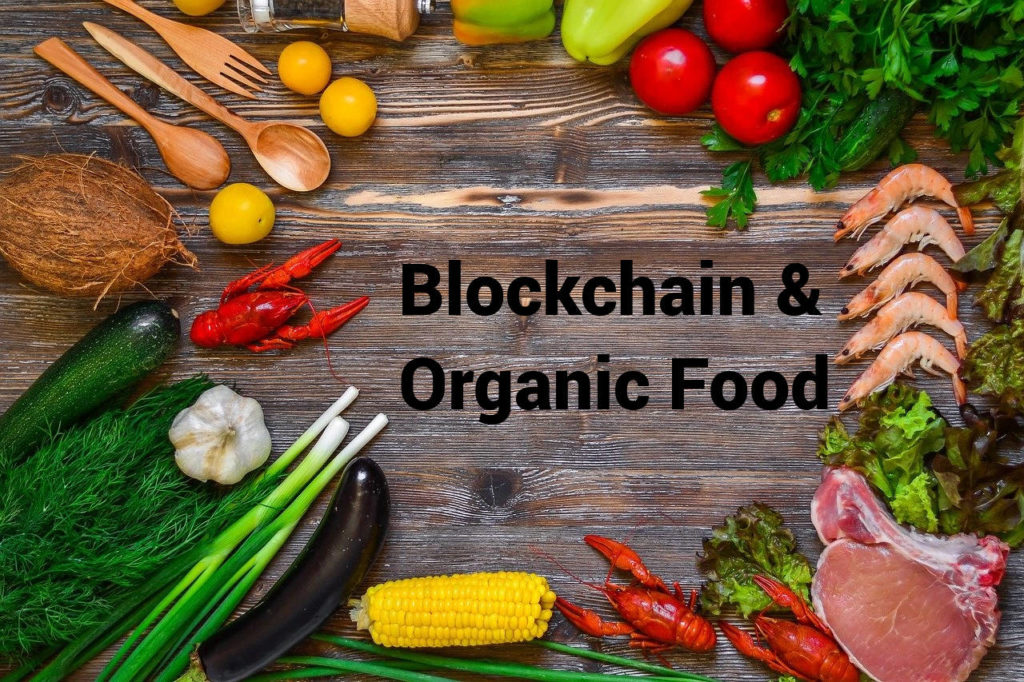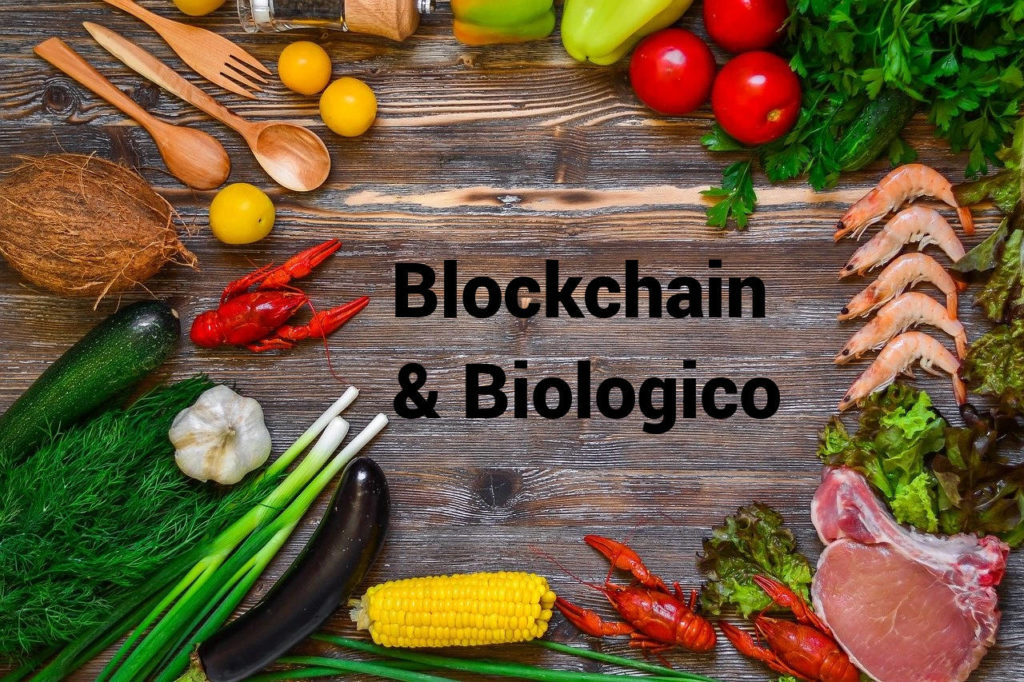Organic food: is blockchain needed? Yes and we will explain how.
THE ORGANIC PRODUCT PROTECTION
Organic is an added value for the product. The market is growing thanks to a consumer who is increasingly attentive to what he eats.
How can the company protect this value?
Telling the unique story of the product. Demonstrating its authenticity through complete, transparent and reliable traceability.
The blockchain is the technology that does all this.
TRACEABILITY FROM ORIGIN
The blockchain was born with cryptocurrencies but is now growing in every production sector where transactions take place.
The blockchain is the technological basis of a platform in which who participate in the organic product supply chain interact. It is an ecosystem in which, from the suppliers of organic seeds to the grower who follows the organic production rules, from commercial operators to the organic certified processing company, they are all connected at different levels.
The blockchain for companies is generally private and permissioned: access is authorized based on one’s role in the supply chain.
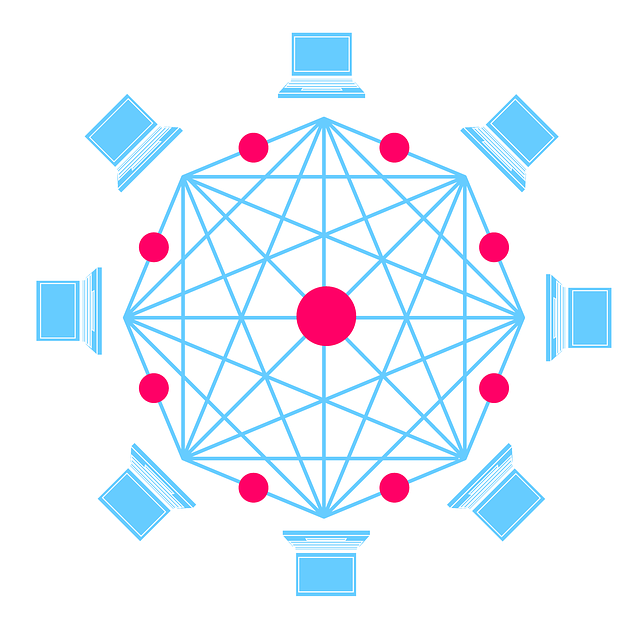
Each transaction is recorded and automatically shared with the other nodes. Traceability is secure, transparency is maximum, as is the assumption of responsibility for what is declared.
The blockchain consolidates trust along the supply chain of the organic food. And not only.
THE CONSUMER’S TRUST
An app is enough to tell the story of the product to the consumer, even at the time of the purchase decision. The potential customer comes into contact with the product in a new and conscious way. He gets all the information they show: yes it is organic!
The blockchain also meets the growing desire for information that the public requires about products. Plus other advantages.
Many large-scale retailers as well as agro-food companies are investing in the blockchain to bring together all those who participate in the supply chain.

